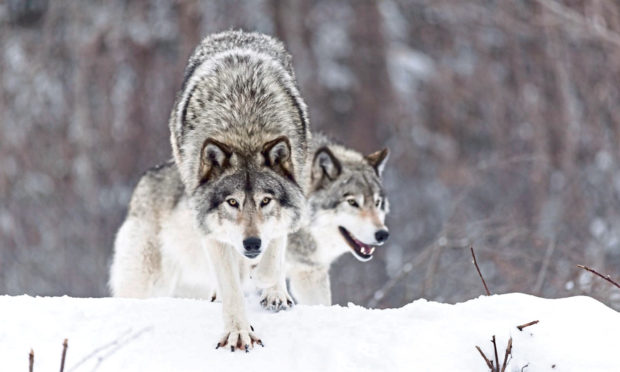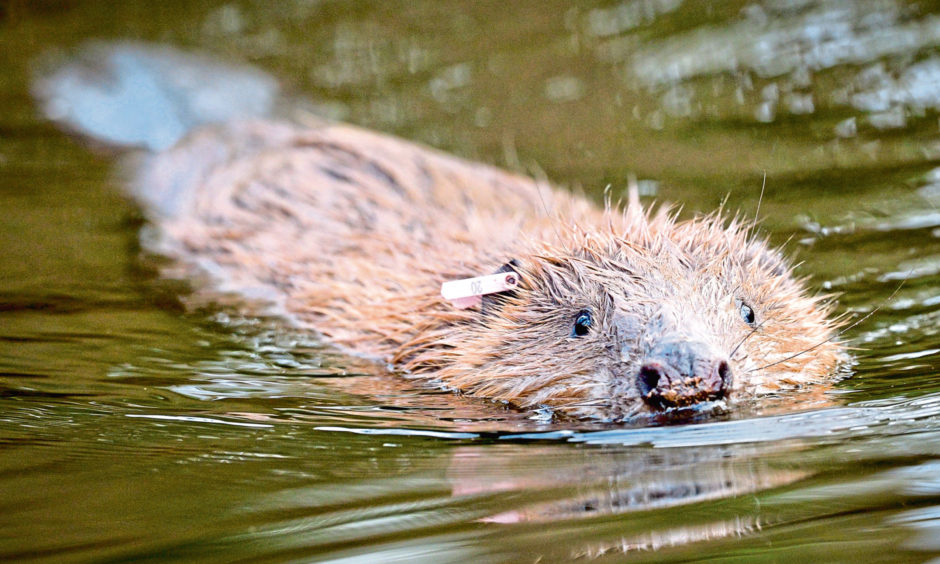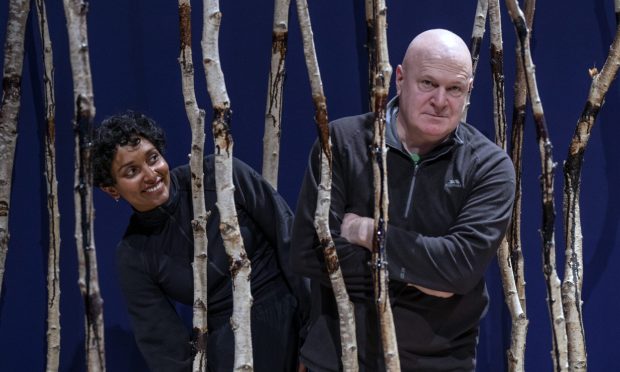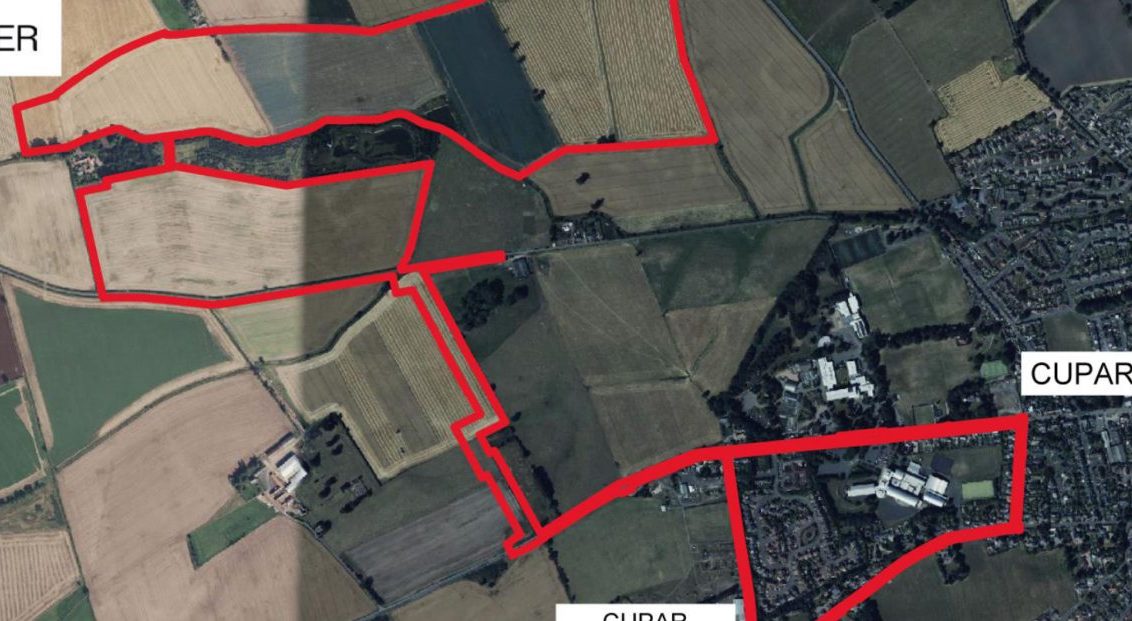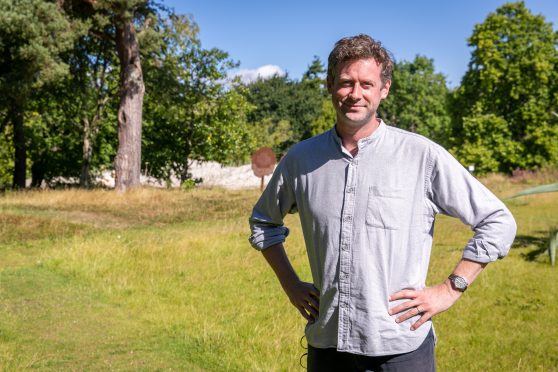So how did you celebrate World Rewilding Day? Let me guess. You wrote to your MSPs urging them to sign a motion before the Scottish Parliament to declare Scotland the world’s first Rewilding Nation.
After all, the Scottish Rewilding Alliance is urging you to do so and the motion closes tomorrow.
Let me guess again. You didn’t know it was World Rewilding Day. (It was on Saturday, you missed it). You don’t know what anyone does on World Rewilding Day. You have never heard of the Scottish Rewilding Alliance. You have no idea what it does or who’s involved.
So, how about World Poetry Day? How did you celebrate that? Let me guess yet again. You wrote a poem? You read a poem? You stood in the middle of City Square and recited into a megaphone all the poems you know by heart? You translated Beowulf into Scots or Gaelic?
OK, final guess. You didn’t know it was World Poetry Day. (It was Sunday, you missed it). You have never heard of World Poetry Day or who decided it should happen every year on March 21 (Unesco decided, at the general conference in Paris in 1999).
Watching these two days drift across their allotted space in the calendar and wondering at the 21st Century’s enthusiasm for declaring “World (add noun of your choice) Day”. I’m waiting for World Empire Biscuit Day, because I really like a good empire biscuit, which means a cherry on the top not a jube-jube, and soft icing, a biscuit with the texture of… is this too much information?
If I thought that there was merit in the whole World (add noun of your choice) Day thing, then rewilding and poetry are two categories that I would cheerfully have subscribed to, given how deeply I feel about helping nature’s cause – it’s my day job, after all. Also, how much I admire a beautifully turned poem as the ultimate expression of the art of writing, another facet of the day job.
I could have sneaked a pack of wolves into Rannoch Moor on Saturday, which would have been a huge service to the rewilding movement (albeit illegal), and then I could have written a poem about it on Sunday. But the truth is that nature and poetry are in no better shape today than they were last Saturday or Sunday.
Take nature. The thrust of the Scottish Rewilding Alliance’s commemoration of World Rewilding Day is to persuade MSPs to support the parliamentary motion to make Scotland the world’s first rewilding nation. Or to put it another way, to vote to establish another bureaucratic designation, which is the kind of thing that World (insert noun of choice) Days do.
If the motion urged MSPs to reintroduce wolves into Scotland – which is still the single most meaningful contribution Scotland could make towards a dramatic improvement in biodiversity – I would be its relentless advocate. But wolf reintroduction is not on the agenda of any mainstream nature conservation organisation in Scotland.
Wolves, beavers, plant millions of native trees, oh yes and land reform brave enough to rid the land of grouse moor and deer forest: those are the four policies of nature’s manifesto.
As for World Poetry Day, a showpiece 24 hours a year when, for example, Maya Angelou once urged us to “release our fingers from the fists of hostility”… doesn’t that have all the hallmarks of Burns Supper Syndrome? And probably you didn’t see it or hear it or even know it’s been on YouTube for a few years.
Because when we get past that, when we do put poetry front and centre and give it a world-wide audience, and that poetry is so compelling that it captivates even our mainstream media and resonates around the world, then we remember that, as the World Poetry Day website puts it, “poetry is the mainstay of oral tradition”.
Amanda Gorman, anyone? The fearless young scene-stealer of President Joe Biden’s inauguration.
I bought a new book about Burns a few weeks ago. I know, another one. It’s not that long since I read Robert Crawford’s biography, The Bard. Crawford, professor of modern Scottish literature at the University of St Andrews, was gracious enough to acknowledge Dundee-born poet of distinction Don Paterson’s observation that such a book would be “the world’s least necessary book”.
That book – he wrote it anyway – is ten years old now. This year’s new book is Pauline Mackay’s Burns For Every Day Of The Year. She has selected 366 poems, allocated them a day each, and offers background information about them. The inference is that you should consult it every day of the year, but more likely, if you went to the trouble of buying it, is that you consult it more days than not.
Soon, you find yourself responding to some major or minor event in the news or your life that makes you wonder what that day’s Burns poem is to go with it. Thus, Burns finally escapes the clutches of Burns Supper Syndrome.
Now if only he had written a poem called To A Wolf, we would all love wolves and he would have saved me a lot of trouble.
